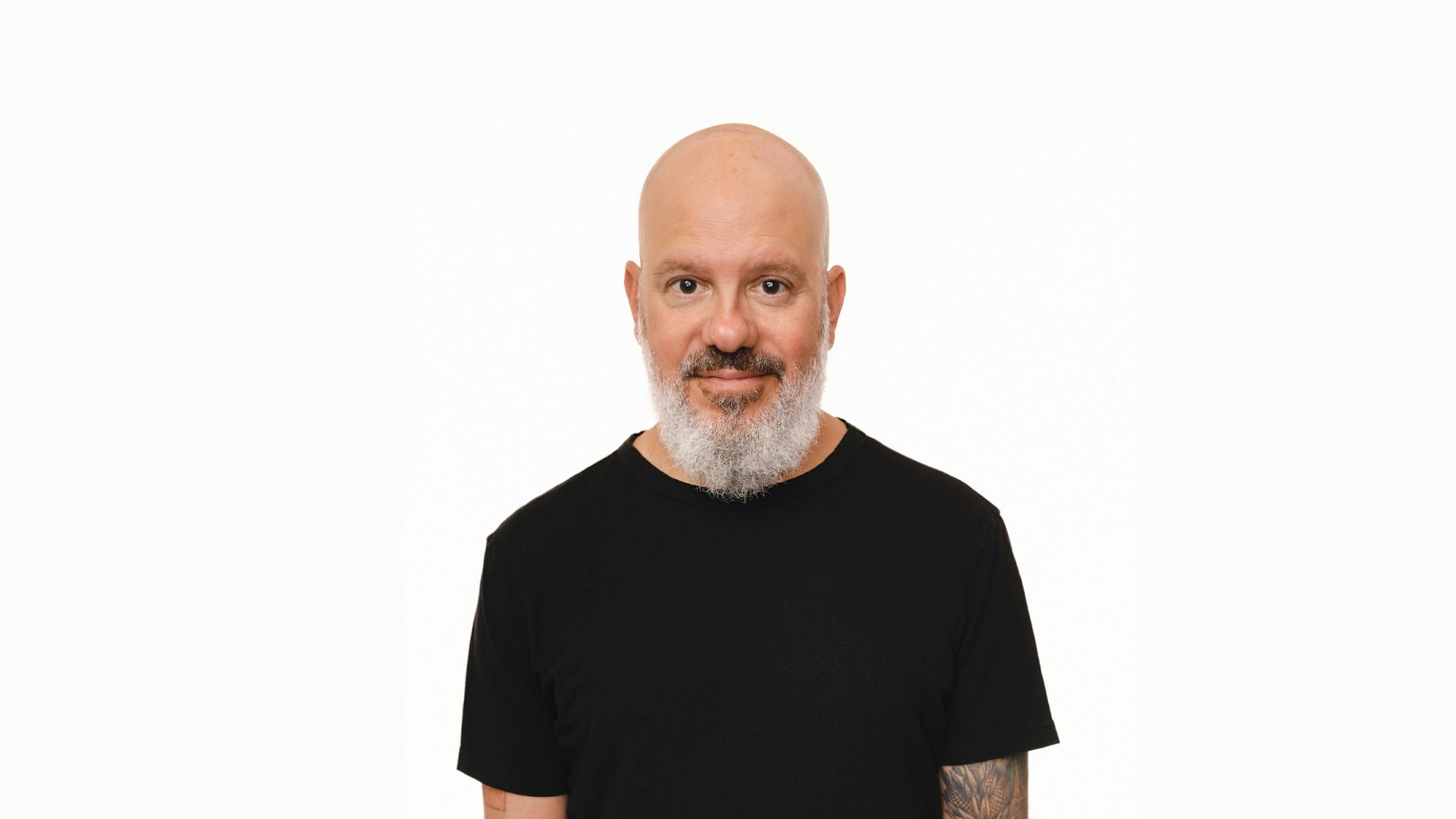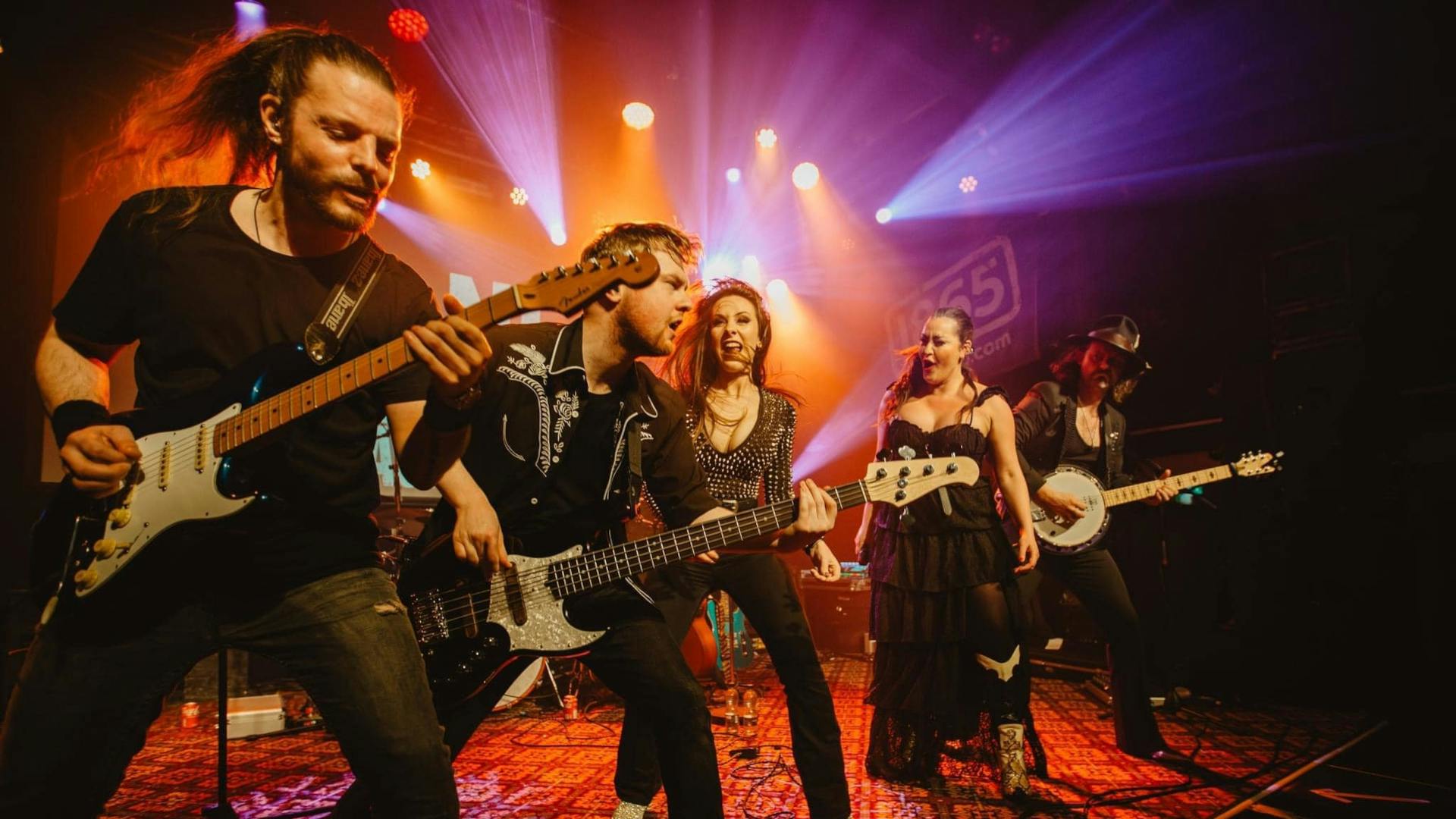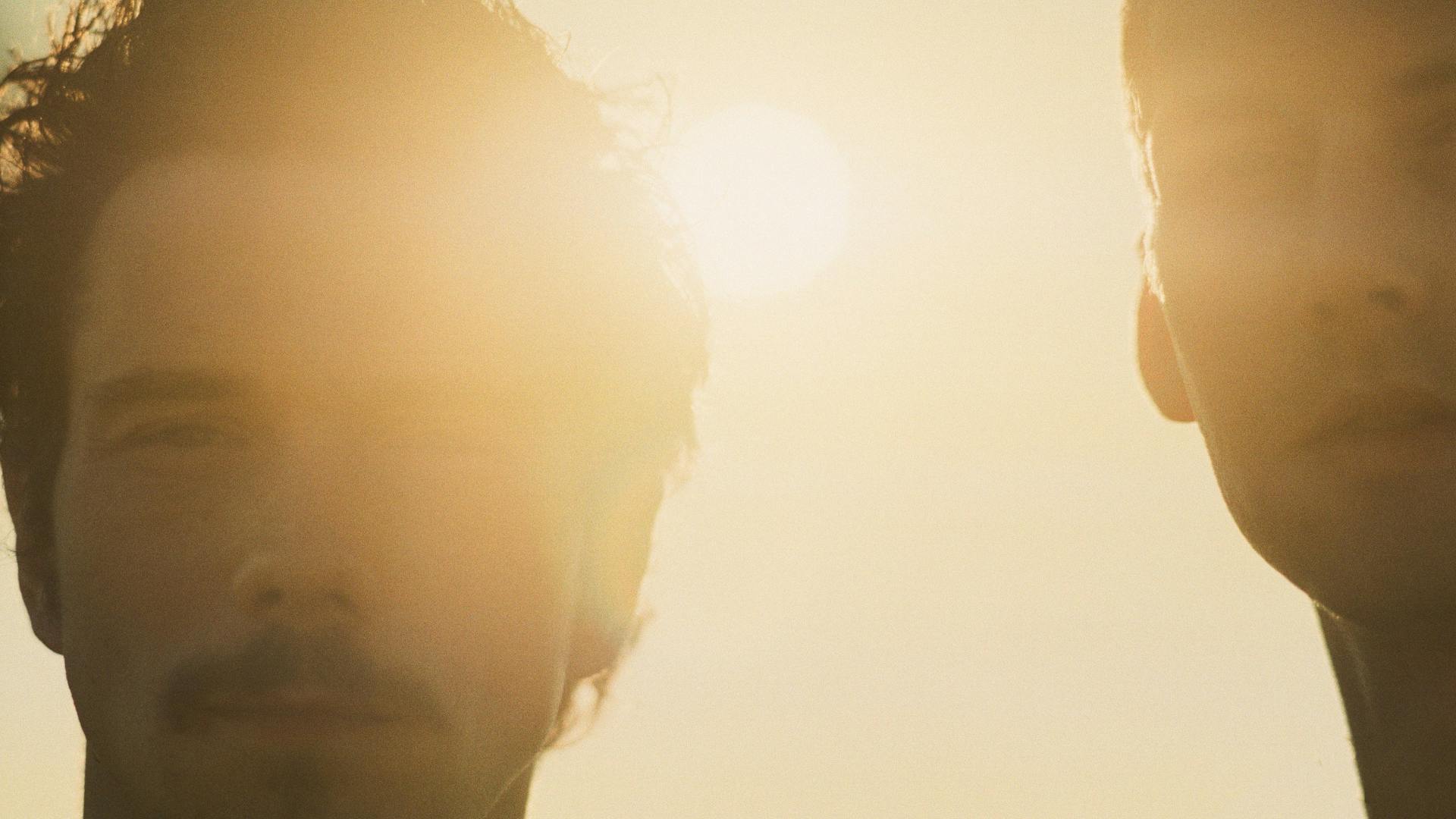
TICKETS ON SALE FRIDAY 13TH MAY 2022 AT 10AM
MUNA’s voice booms. The band is queer, loud, and unshakeable in their music — and in their personal politics. The trio’s music is powerful and political, emblazoned with scars from addiction, abuse, and isolation. W Magazine called the band “a safe harbor in an often hostile world,” and they are. MUNA resonates.
Katie Gavin (she/they), Naomi McPherson (they/them), and Josette Maskin (she/they) met in college: What began as jams amongst friends proliferated into two critically acclaimed studio albums, About U (2017) and Saves The World (2019), which drew high praise. Rolling Stone called Saves The World “frighteningly emotionally intelligent.” NPR dubbed the album “intellectual as well as deeply emotional.” In addition to being lauded by The Los Angeles Times, W Magazine, V Magazine, and The FADER, MUNA has also performed on The Tonight Show, Jimmy Kimmel Live!, and Late Night with Seth Meyers.
But MUNA is just getting started. In May of 2021, the trio signed with Phoebe Bridgers’ label Saddest Factory Records. Vocalist and songwriter Katie Gavin says that the band’s relationship with Bridgers formed organically and their place at the label was “meant to be.” Joining a roster of like-minded creatives and working closely with Bridgers feels natural for MUNA: “We have so much respect for the way that she works,” Gavin says of Bridgers being head of the label. “It’s amazing to have a queer person and a woman in that role.”
MUNA’s new home at Saddest Factory brought about their new single “Silk Chiffon” featuring Bridgers, an anthemic nostalgia-filled summertime hit, sure to be one of the most addictive and uplifting songs of the year. “It’s a song for kids to have their first gay kiss to,” McPherson says, which is inherently, thunderingly political.
“I think that there’s an element of where we’re at that embodies a self-assuredness and a self-possession that only comes with time and experience, and also with the community,” Gavin says of MUNA’s new music. “We trust ourselves.” Maskin agrees: “We’re just trying to be real. Because if we’re not, it’s fucking boring.” They add, “As a band, we’ve always wanted to try to communicate something that rings true in the three of us, and that will hopefully ring true with the world.”
In their next chapter, the trio doesn’t have time to be anything other than authentic. “We just want to make music for gay people,” McPherson says. “We just want gay people to be excited to hear it and think that it’s cool.”
MUNA is unflinching — in their music, their attitude, and their scorched-earth declarations of desire. In other words, they’ve never been more MUNA.
“We want it all,” Gavin says. “We’re allowed to want to be powerful.”



